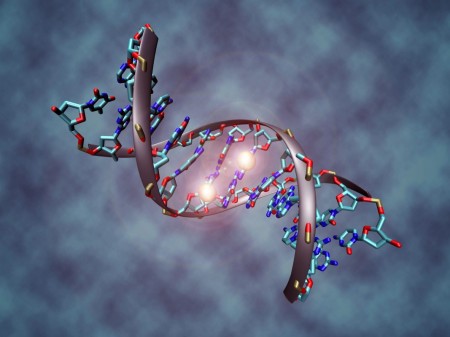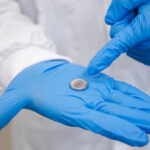December 23, 2015 – I have a colonoscopy every five years because intestinal polyps have been detected in each of my last two procedures. Fortunately the polyps have been benign. But the vast majority of people, either have no access to preventive screening which is what a colonoscopy is all about, or choose not to have the procedure because the preparation is less than pleasurable.
Developing less invasive ways of screening for colorectal cancer would therefore be highly desirable. Last month I wrote about a noninvasive screening test, Cologuard, developed at the Mayo Clinic in Rochester, Minnesota. Following in the Mayo’s footsteps is a liquid biopsy technology called the H2020 Project LiqBiopSens, a collaborative effort by San Cecilio Hospital in Spain, the Catholique University of Louvain in Belgium and the FORTH, Institute of Molecular Biology and Biotechnology in Greece. A spinoff company, AWSensors, will provide the quartz microsensor technology to do real-time genotyping analysis of blood or saliva samples. The company is also partnering with Destina Genomics in bringing the test to market.
Colorectal is the second most common cancer leading to death for both men and women. Until the Cologuard and LiqBiopSens tests the standard for detection has been tissue biopsy. Hence colonoscopies. But a colonoscopy is only as good as the physician doing the procedure. Some times polyps are missed because they may be too small to detect. And the frequency, in my case once every five years, leaves the potential for a polyp to develop and grow between screenings. Five years could mean a malignancy becomes well advanced in the interim.
That’s why a liquid biopsy screening technology represents a desirable advance. The test identifies a DNA biomarker that indicates the presence of a cancerous tumor. LiqBiopSens in clinical trials has shown itself to be reliable with detection rates between 95 and 100%. The analysis takes less than one hour and implementing the technology is described by its developer, as inexpensive, “up to three times cheaper than other real-time methods” according to News Medical. Currently, testing is to begin in hospitals in southern Spain through the Andalusian Health Service.



















